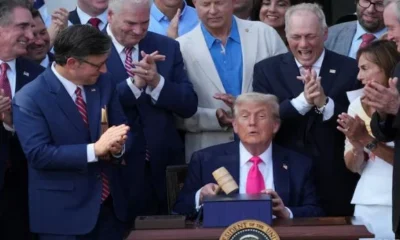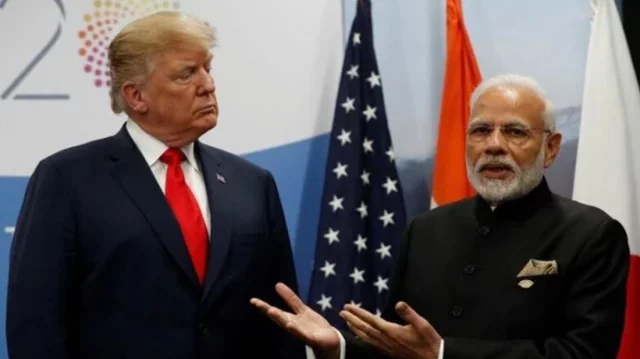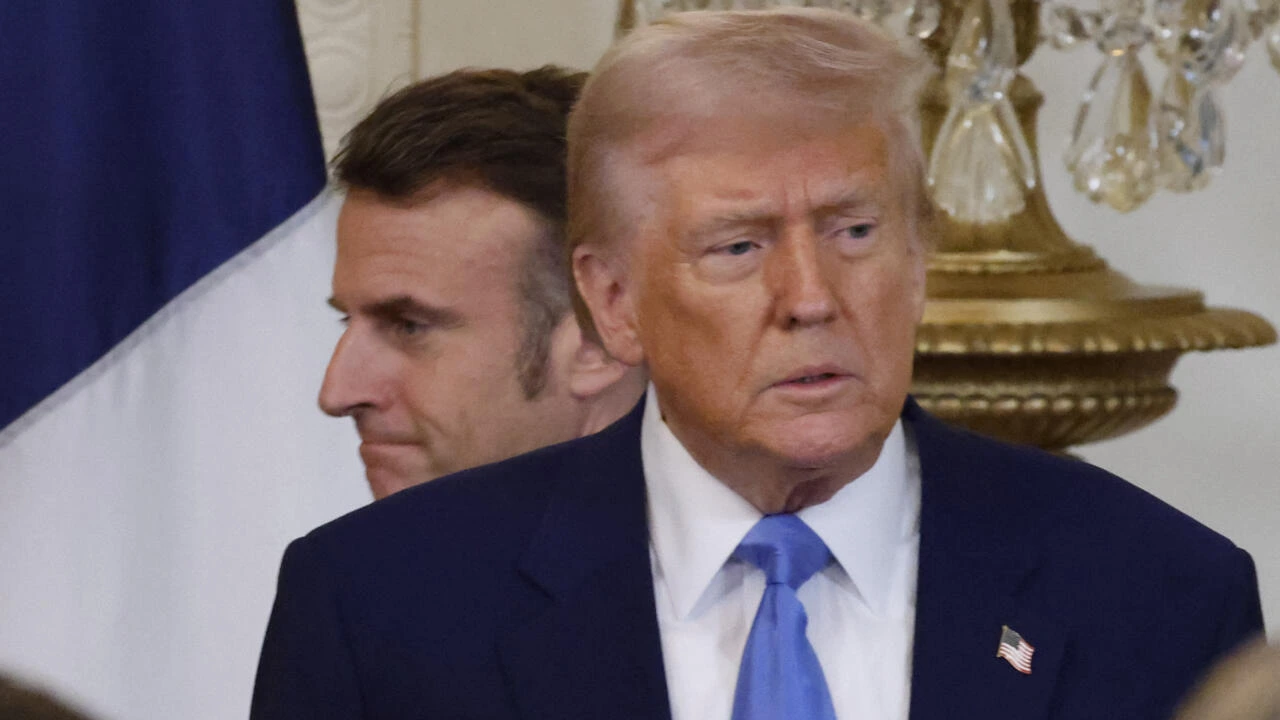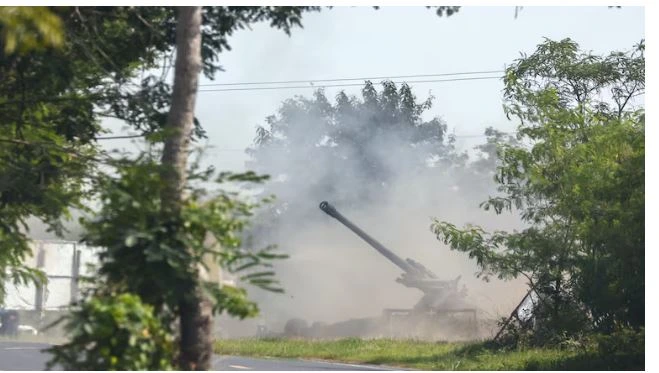[vc_row][vc_column][vc_column_text]The stay on his executive order banning entry of foreign nationals from seven predominantly Muslim countries to the United States may have been upheld in court, but mere technicalities will not dishearten the American president who has now learnt his lesson and will plan his course carefully
By Sujit Bhar
US President Donald Trump’s exhortations about “so-called” judges and about how he will have the several bans on his executive order on immigration from seven Muslim states “overturned” hit a huge hurdle on February 9. A three-judge bench of the United States Court of Appeals for the Ninth Circuit was unanimous in upholding the decision of a Federal District Court judge which had stayed the implementation of Trump’s executive order.
The district judge’s order had provided a temporary stay, and the decision of the bench is also a temporary one. If one knows Trump—and of late people have come to know his arrogance a little too well—he will not stop till the Supreme Court.
The order itself, which runs into 28 pages (plus one), has considered the circumstances under which an emergency order was sought from the Justice Department to have the district court ban lifted. And the bench was not satisfied. The court has been able to look into the immediate reality, an area Trump didn’t really care about while placing the blanket ban.
The bench said it considered “several factors, including… the degree of hardship caused by a stay or its denial, and the public interest in granting or denying a stay”. It was a technical judgement, which relied on the wording of the appeal of the Justice Department. The bench said: “We hold that the government has not shown a likelihood of success on the merits of its appeal, nor has it shown that failure to enter a stay would cause irreparable injury, and we therefore deny its emergency motion for a stay.”
The court order, therefore, does not look into the merits or demerits of the broader Trump executive order. Neither does it need to, at this point. What it needed to satisfy itself with was whether the Justice Department’s appeal to lift the ban itself has merit. The bench found that it does not.
The Justice Department’s appeal was possibly hastily prepared, without paying heed to specifics that seasoned judges would pounce on quickly. When an argument comes in front of judges, asking for the repeal of an order, the issue would be read from the last, backwards. This one got stuck within the periphery of the appeal itself. It had asked for a blanket withdrawal, as was wont, but the argument hinged on a total rejection, without scrutiny, because the two states seemingly cannot sue. The critical reason for rejecting the appeal wasn’t a broad sociopolitical one. It was because, among others, it would not allow eligible and meritorious foreign students to come in and attend universities.
This is a technical glitch for Trump and his band of men. They aren’t going to back out and walk into the sunset. The administration has said clearly that it will use “every legal means” to reinstate Trump’s executive order. So the legal battle continues, while experts look at what is extent of the US president’s power in enforcing an executive order.
Frankly, as it seems today, the powers are calibrated against the president being able to coerce the citizenry into doing things that would be harmful for society.
Interestingly, though “social harm” and national security happen to be the crux of Trump’s order. If national security is taken out of the order, “social harm” would assume immense proportions, with as many interpretations as there are races and sects. That would be hard to negotiate and create a legal minefield. Trump is not averse to walking that minefield, however.
As a beginning, Trump has declared that the district judge who blocked his travel ban remains responsible in the event of an attack on America. He castigated Judge James Robart for placing American lives in “peril”, because the blockade of the travel ban would supposedly result in terrorists from those seven Muslim countries “pouring in” to the country, endangering all.
However strange this contention, it was his primary peg for hanging his travel ban on the wall. That was what gave him the courage to declare, at a gala at the Mar a Lago resort in Florida (where he was holidaying): “We’ll win. For the safety of the country, we’ll win.”
It wasn’t surprising that Trump was quiet (till the time of writing this he has not spoken against the court order), while leaving a hapless Vice-President Mike Pence to cover for him, that too on the administration’s favourite Fox News. Pence has been quoted as saying: “We’re going to continue to use all legal means at our disposal to stay that order and move forward to take the steps necessary to protect our country.”
But The Donald has not been able to take the Mickey out of Pence, it seems. He still possesses a mind that can think. About the district judge’s order Pence has not called it “ridiculous”, like Trump has, but has been quoted as saying: “He (the judge) certainly does (have the authority to block the ban), and that’s why the administration is complying with that order as we speak.”
The fight will continue, and this time the Justice Department and the administration will surely be more careful.
One part of the order of the appellate bench says: “…The necessary connection can be drawn in at most two logical steps: (1) the executive order prevents nationals of seven countries from entering Washington and Minnesota; (2) as a result, some of these people will not enter state universities, some will not join those universities as faculty, some will be prevented from performing research, and some will not be permitted to return if they leave.”
If you read this carefully, probably the fight will not be just about the travel ban. It could well evolve into an avatar against the new anti-H1B acts that are progressing through the law-making processes even as we speak.
That will be another story.[/vc_column_text][/vc_column][/vc_row]
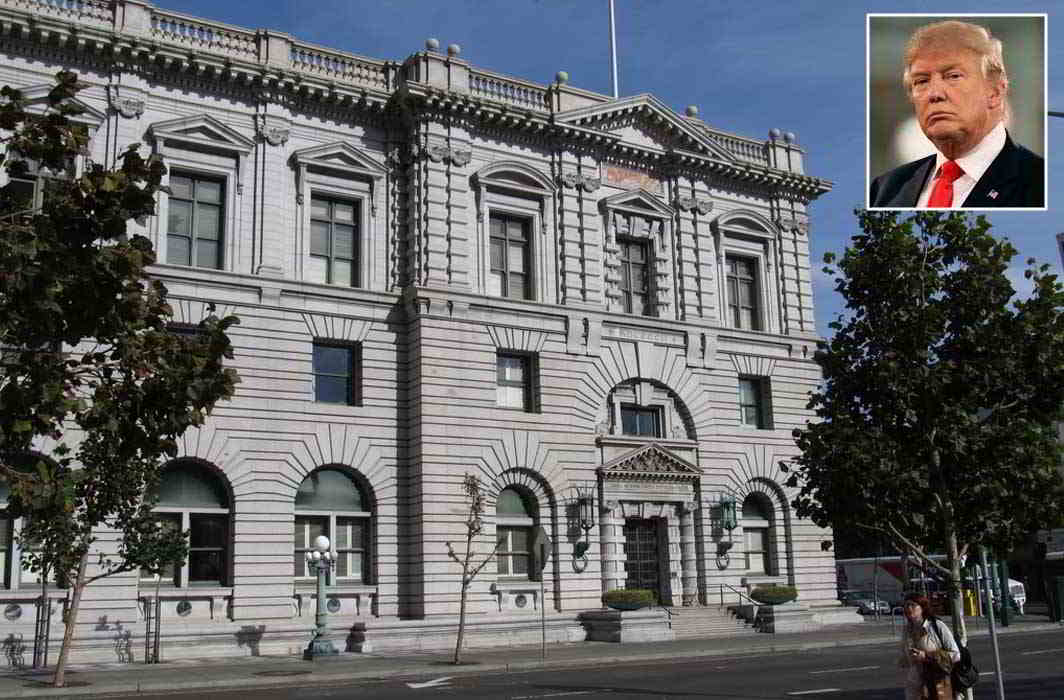
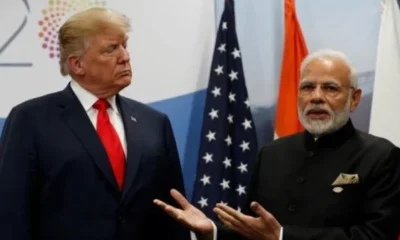
 India News14 hours ago
India News14 hours ago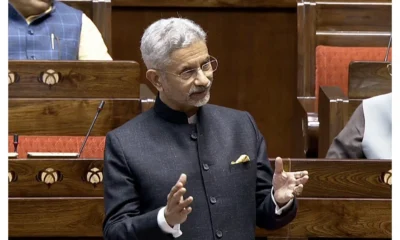
 India News18 hours ago
India News18 hours ago
 Entertainment17 hours ago
Entertainment17 hours ago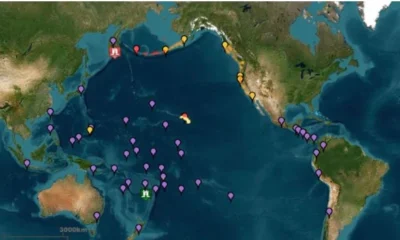
 India News21 hours ago
India News21 hours ago
 India News21 hours ago
India News21 hours ago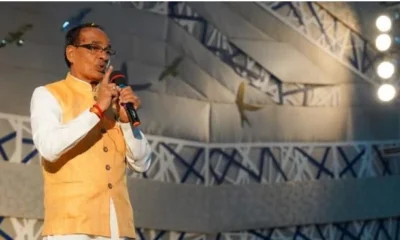
 India News16 hours ago
India News16 hours ago




